The often-used phrase, ‘just the receptionist’, completely misrepresents the role. An excellent receptionist is a most valuable resource for any organisation.
Learning objectives
- Enhanced understanding of the vital role of reception
- Improved communication skills
- Increased ability to deal with different types of customers and situations
- Efficient and effective information flow within the business
- Additional confidence
Expert trainer
Candy is a highly experienced trainer who specialises in receptionist skills training. With a background in media sales, the music industry and managing service businesses, her clients come from an impressive range of sectors including legal services, media, leisure and hospitality, telecommunications, software systems, healthcare, engineering and the events industry.
Session outline
1. Introduction
- Workshop objectives and personal objectives
- The challenges of 21st century communication
- What makes an excellent point of Reception? And why is it so important?
- Who and where are our customers?
- As a customer, how do you like to be treated?
- What makes people feel valued?
- Objective and subjective aspects of customer service
- ‘Micro moments’ that shape the relationship
2. Communication mix
- Differences between communicating face-to-face and over the telephone
- The power of positive terminology
- The importance of first impressions
- Conveying welcome and efficiency
- Information ‘leaks’
- How accurate are your listening skills?
- Taking and leaving messages
- Considerations for how emails are received
- Flexing to fit task or relationship inclined clients and colleagues
3. Telephone excellence
- How we use the telephone
- Qualities of the telephone
- Non-verbal communication on the telephone – what aspects can be ‘seen’ by the other person?
- Professional telephone etiquette
- Taking and leaving messages – key points that can help customers, colleagues and the organisation
- Clarifying information
4. Listening skills for accuracy and relationship building
- How accurate are your listening skills?
- What are the challenges for accurate listening?
- Active / empathetic listening
5. Creating a rapport by ‘style flexing’
- Understanding how different people communicate
- Shaping our message to the other person so that they feel understood
- How changing situations can alter communication needs
6. Confidence and assertiveness
- Recognising different styles of behaviour – aggressive, passive and assertive
- Qualities of assertive communication – verbal, vocal and visual
- Assertive techniques – basic, persistence, negotiation / empathetic
- Demonstrating confidence
7. Coping in a pressurised environment
- Words – the most useful ones to use with stressed people and identifying the ‘red rag’ words
- Challenging situations – what do you find difficult and how do you respond?
- Dealing with outbursts of anger
- Bringing non-stop talkers back from their tangent
- Constructive ways to say ‘no’
8. Pulling it all together
- Action plans
- Summary of key learning points










